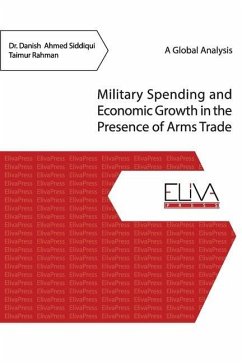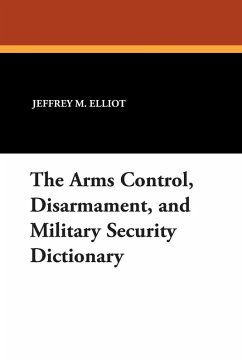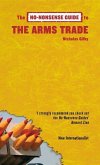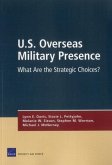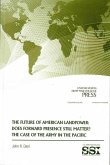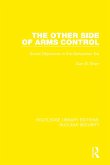Military spending is not considered a productive activity that can contribute positively to GDP, however It effect indirectly through degreasing the risk and provide stability, moreover since its considered a major expenditure in many countries, it could indirectly affect the economy by increasing income level as well as production of military goods and service. This study explored the fact whether economy grows with the rise of military spending or vice versa. The research work comprises of various independent variables including military spending, and explored their effect of on economic growth and per capita income over 85 countries for the last 20 years i.e. from 1998 to 2017. Models suggested that the impact of defense expenditure (DE) on economic growth is negative since left less money to invest in other areas like infrastructure, health, education and production of routine goods. One notable change depicted in the interaction effect of military spending and arms exports, it have a positive and significant effect, showing a positive complementarities between the two. This shows that military spending itself have a negative effect but if it is complemented by arms exports, that spending turns favorablefor GDP in both the models. Hence in most refined model, it is clearly evident that arms exports were not only good for GDP level and growth, but it would also make the military spending infavorable to economy. Hence, results imply that for developed countries, military spending in the presence of arms export is an effective foreign policy tool to securing economic growth and maintaing political stability and strong rule of law.
Bitte wählen Sie Ihr Anliegen aus.
Rechnungen
Retourenschein anfordern
Bestellstatus
Storno

